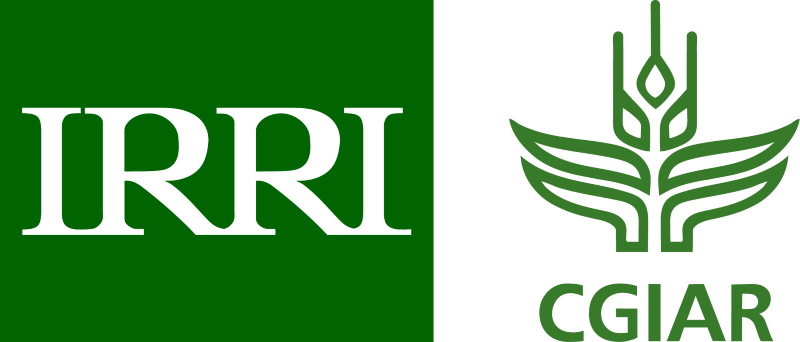20 Courses
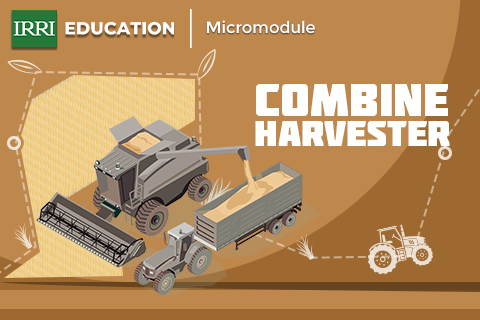
Rice Farm Management
Combine Harvester
Combine harvester is a valuable machine in the harvesting process. It aids farmers in harvesting grains by simultaneously cutting, threshing, cleaning, and discharging grains into a bulk wagon or directly into bags while guaranteeing good grain quality.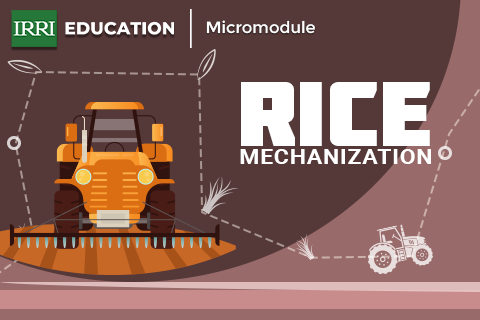
Rice Farm Management
Rice Mechanization
IRRI partners for mechanized rice tech to enhance productivity, reduce costs, emissions, and risks. Boosts Asia's rice sector, aiding small-scale farmers with limited equipment access.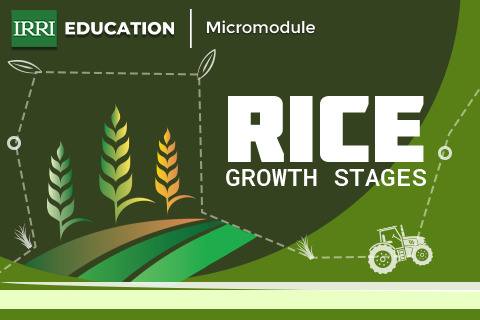
Rice Farm Management
Rice Growth Stages
Understanding the different stages of rice growth—vegetative, reproductive, and ripening—helps rice farmers and extension workers effectively manage their time and implement the essential practices needed for producing high-quality rice.
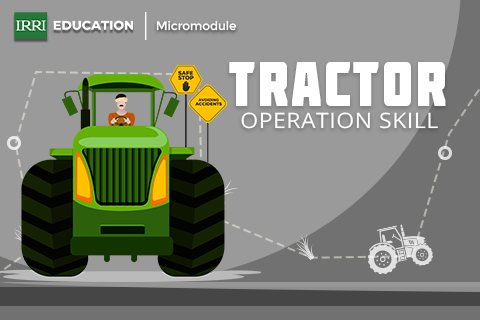
Rice Farm Management
Tractor Operation Skill
Tractors are frequently used in almost all of the stages of farming, from land preparation, field maintenance, to post-harvest operations. Mishandling of tractors can cause accidents that may lead to fractures, amputations, and even death.
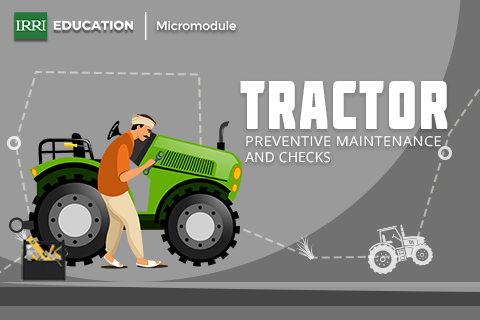
Rice Farm Management
Tractor Preventive Maintenance and Check
Knowledge of proper maintenance and basic checks of any machines and equipment are necessary to minimize, monitor, and prevent risks in any operations being done. Just like any other machines and equipment, tractors must undergo operational pre-checks before they can be used.
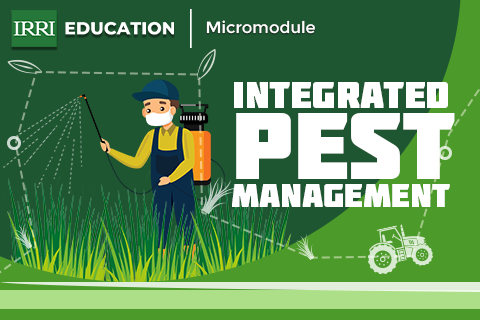
Rice Farm Management
Integrated Pest Management
IPM emphasizes the growth of a healthy crop with the least possible disruption to agro-ecosystems and encourages natural pest control mechanisms.
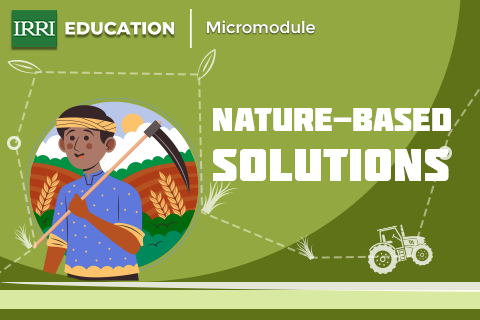
Rice Farm Management
Nature-based Solutions for Agriculture
One way to meet the increasing demand on the food system while halting further land degradation is through adopting Nature-based Solutions (NBS) in agriculture. NBS addresses societal challenges though the protection, restoration and sustainable management of both natural and modified ecosystems though a flexible, customizable set of actions that co-benefiting nature and humanity.
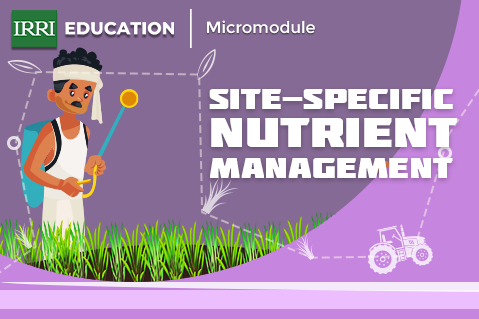
Rice Farm Management
Site-Specific Nutrient Management Micromodule
Fertilizer application is one of the most common practices of farmer that leads to improper balance of nutrients on their crop. By learning Site-Specific Nutrient Management, farmers could implement the essentials principles and guidance on efficient use of fertilizers that can increase yields and into higher profits.
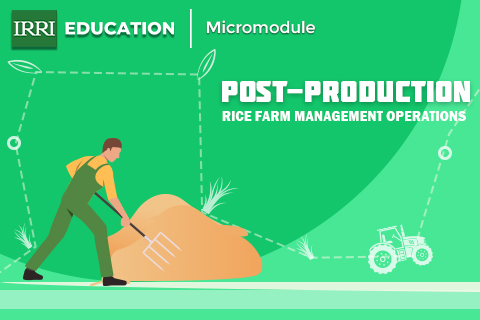
Rice Farm Management
Rice Farm Management (Post-Production)
Rice, wheat, and maize are the world’s three leading food crops; together, they directly supply more than 42% of all calories consumed by the entire human population.
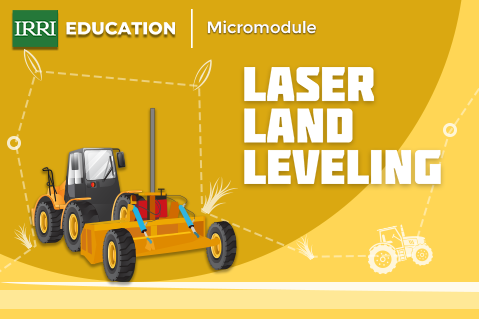
Rice Farm Management
Laser Land Leveling Overview Micromodule
Poor land consolidation, insufficient mechanization including lack of precision land leveling, and inefficient use of agronomic inputs are some of the major challenges in rice production. These problems can be solved using laser land leveling (LLL).
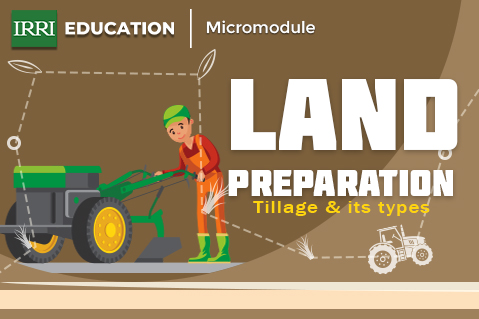
Rice Farm Management
Land Preparation (Tillage & Its type) Micromodule
Land preparation is important to ensure that the rice field is ready for planting. A well-prepared field controls weeds, recycles plant nutrients, and provides a soft soil mass for transplanting and a suitable soil surface for direct seeding. It is one of the most expensive and critical operations conducted on a farm each season.
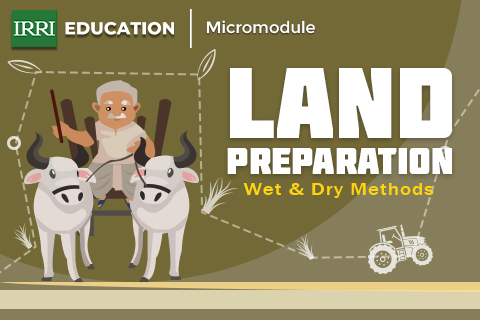
Rice Farm Management
Land preparation (Wet & Dry Type)
Land preparation is important to ensure that the rice field is ready for planting. A well-prepared field controls weeds, recycles plant nutrients, and provides a soft soil mass for transplanting and a suitable soil surface for direct seeding.
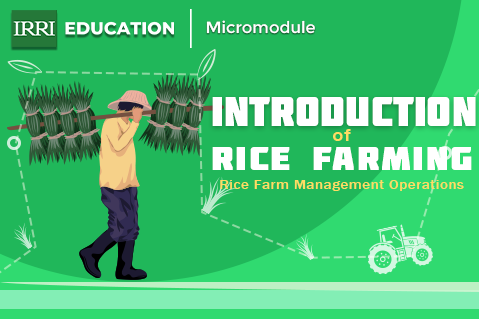
Rice Farm Management
Rice Farm Management (An Overview)
Rice, wheat, and maize are the world’s three leading food crops; together, they directly supply more than 42% of all calories consumed by the entire human population. Human consumption in 2009 accounted for 78% of total production for rice, compared with 64% for wheat and 14% for maize. Rice is the essential food crop for people in low- and lower-middle-income countries of these three major crops.
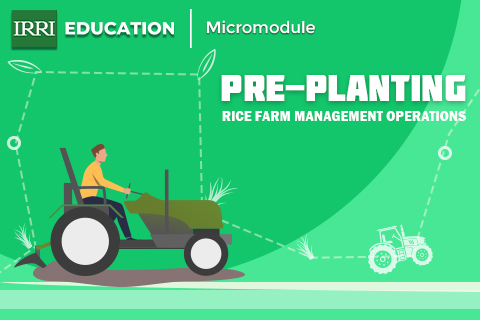
Rice Farm Management
Pre-planting Micromodule
Rice, wheat, and maize are the world’s three leading food crops; together, they directly supply more than 42% of all calories consumed by the entire human population. Human consumption in 2009 accounted for 78% of total production for rice, compared with 64% for wheat and 14% for maize.
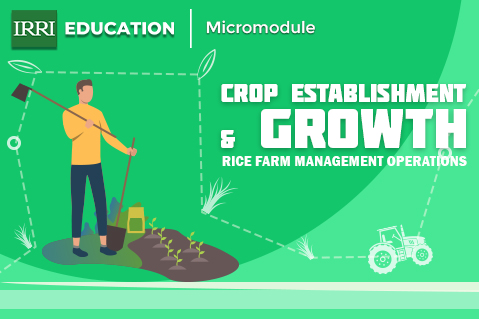
Rice Farm Management
Crop Establishment & Growth
Rice, wheat, and maize are the world’s three leading food crops; together, they directly supply more than 42% of all calories consumed by the entire human population. Human consumption in 2009 accounted for 78% of total production for rice, compared with 64% for wheat and 14% for maize. Rice is the essential food crop for people in low- and lower-middle-income countries of these three major crops.
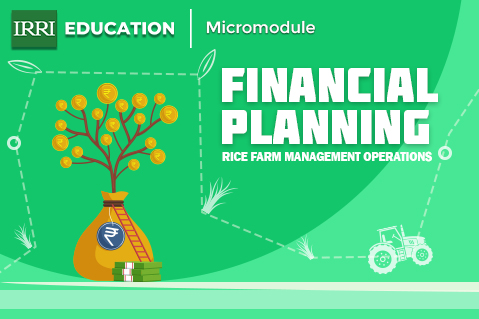
Rice Farm Management
Financial Planning in Rice Farming
Financial planning is an essential aspect of the farm’s operations because it provides road maps for guiding, coordinating, and controlling its actions to achieve its objectives. It involves not only ensuring that the farm would earn profit and making sure that cash is available when needed during farm operations.
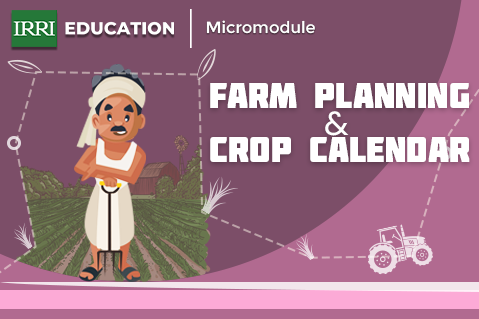
Rice Farm Management
Farm Planning & Crop Calendar
Transpiration Efficiency is the amount of water transpired by the plant per unit of carbon assimilated. It is an evapotranspiration component that is controlled by the plant and contributes to crop water consumption at the field level. Therefore, selecting for high transpiration efficiency may be a way to breed rice crops with lower water requirements.
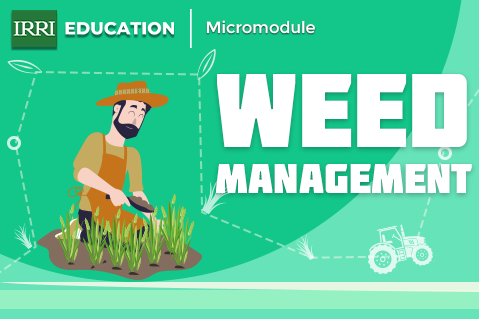
Rice Farm Management
Weed Management Micromodule
Weed control is important to prevent losses in yield and production costs, and to preserve good grain quality. It involves the adoption of various practices and principles. In this micromodule you will learn about the challenges involved in weed management & different methods of weeding.
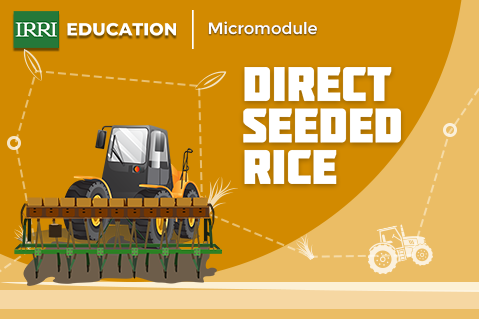
Rice Farm Management
Direct Seeded Rice Overview Micromodule
The sustainability of the rice production system is a prime concern to maintain food security and economic growth.
You will learn about the "Direct Seeded Rice" technique in this micromodule.
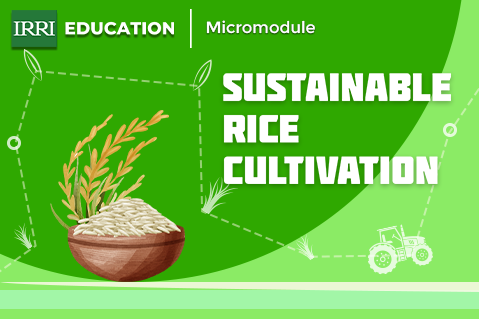
Rice Farm Management
Sustainable Rice Cultivation Micromodule
In this micromodule, you will learn about these gaps and solutions to address these sustainably.
